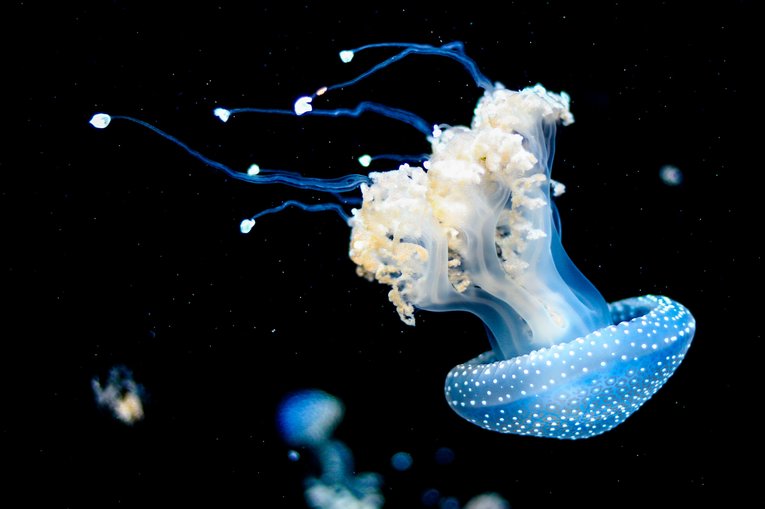
Ocean literacy
Explore how ocean literacy helps us understand our role in protecting the ocean
How does the ocean influence us and how do we influence the ocean?
Ocean literacy is often defined as “an understanding of your influence on the ocean, and its influence on you”.
The goal of Hiraeth Yn Y Môr was to grow ocean literacy as a means to support the sustainable management of Liverpool Bay Special Protection Area and community health and wellbeing.
You can learn more about ocean literacy by reading our digital guide in English or Welsh, or our ocean literacy posters developed as part of the Hiraeth Yn Y Môr project.
To accommodate this, ten elements of ocean literacy have been identified. Below you can read about each of these, alongside some examples of how you could develop your ocean literacy.
The ten elements of ocean literacy
Why does it matter?
Our goal is creating a society deeply connected to our marine environment and ready to take positive action for our blue planet. We're all on a journey to becoming ocean literate by developing our understanding and appreciation of our ocean.
Read on to learn more about the ocean literacy principles.
The Ocean Literacy Principles
Explore your connection to the ocean through the seven essential principles of ocean literacy.














